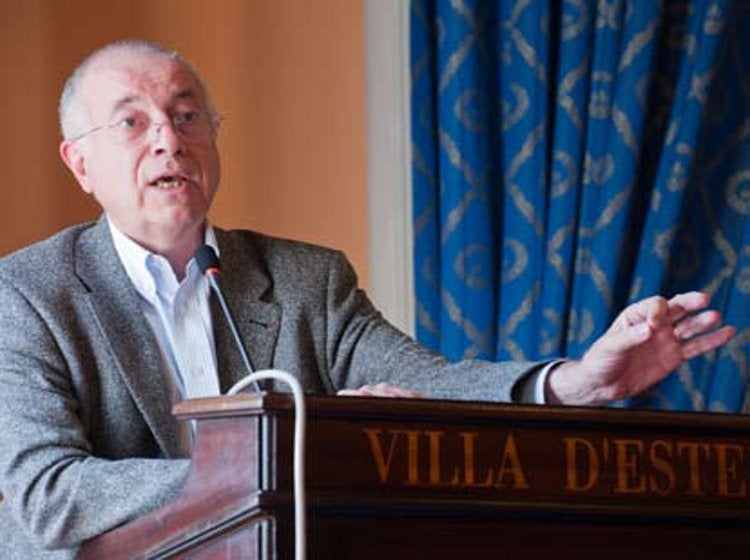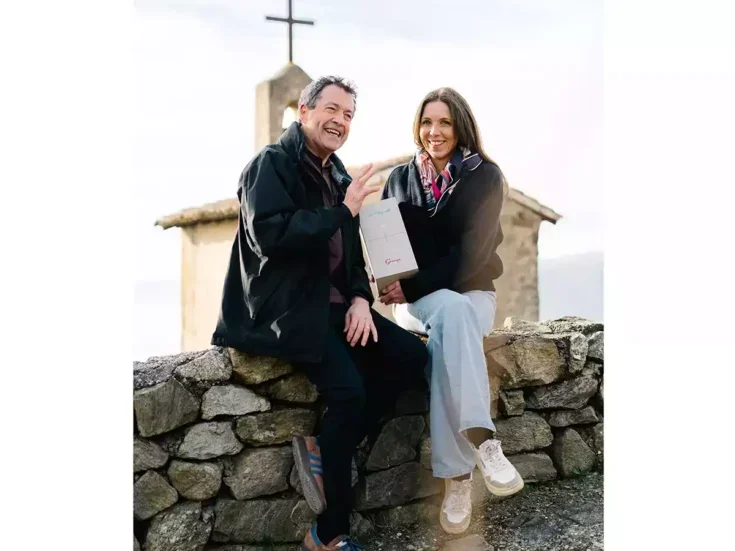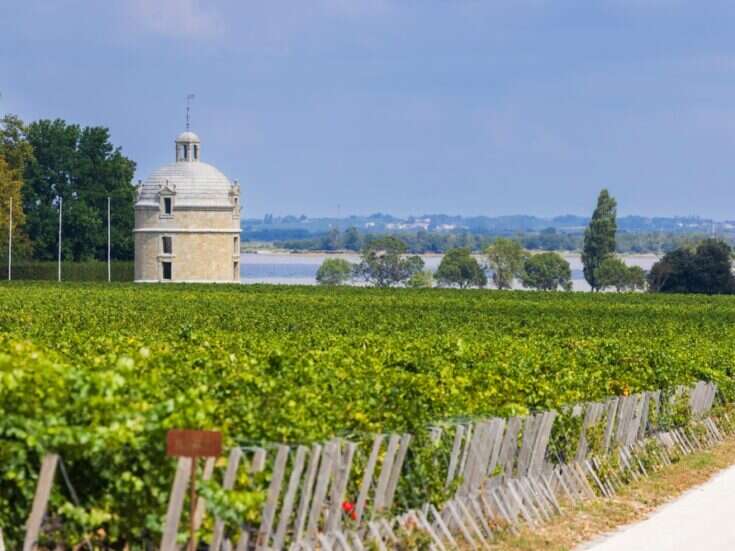
Leading academics, medical researchers, and trade figures agree on the need to resist the strong Neo -prohibitionist tendencies in America and Europe . But they differ over whether the best defense is from culture and history or science and health. Might it be both?
Should attempts to resist the anti-alcohol lobbies in America and much of Europe be based on arguments relating to public health and social welfare, tackling the neo-prohibitionists on their own ground? Or does the availability of counterarguments mean that the strongest defense is actually through an appeal to wine’s cultural and social role over the centuries?
These were among the many important questions discussed at the second World Wine Symposium, dubbed “the Davos of Wine,” held at Villa d’Este on Lake Como in October 2010. They arose from two sessions staged by organizer François Mauss as part of wider efforts to create effective lobbies at governmental level.
Attracting the young
Professor Jean-Robert Pitte, a former president of the Sorbonne, warned of the way in which prohibitionism- traditionally stronger in Protestant North America and northern Europe -had spread to Catholic southern Europe. He cited the 1991 loi Evin in France, which restricts the advertising of alcohol, and lamented the fact that the French Ministry of Culture has responsibilities relating to TV and radio but not to food and wine.
Pitte emphasized the importance of attracting more young people into the appreciative and moderate consumption of wine-partly because the anti-alcohol lobby seizes on the public-health and public-order issues surrounding excessive consumption. He accepted readily, however, that drunkenness among young people is a greater problem now than in the past. Recognizing that in all cultures young people tend to seek excitement, he suggested that longer “adolescences” today, lasting right through to the age of 25 or 30, had heightened the risks.
He assumed that the best way for children to be introduced to wine was at home, though he agreed with one grandfather in the audience that rebellious teenagers might sometimes be more attentive and receptive to grandparents than to parents. Such guidance could help children acquire self-confidence and form a lifestyle, as well as introducing them to the beauty and mystery of wine. Pitte proposed that Ancient Greek philosophers such as Socrates and Aristotle, who wrote about the benefits of wine consumed in moderation, should be held up as examples, rather than French writers such as Rabelais and Baudelaire, who reveled in excess. At the same time, he acknowledged that the approach should not be too intellectual and that the emphasis should be on sharing the enjoyment and excitement of wine, occasionally through really special bottles that make a lasting impression.
While parents might often serve as mentors, Pitte suggested that teachers at school and university should also play a part, though he did not disguise the resistance that might be encountered and that he had experienced firsthand. He revealed that when the French health minister had asked him to advise on how to improve cafeterias for students and he had recommended the provision of small bottles of wine, the National Union of Students, as well as Le Monde newspaper, opposed it so strongly that it was never adopted. He nevertheless insisted that there was still scope to use wine in the teaching of many subjects: art and literature, history and geography, philosophy and psychology, science and law. He urged teachers to support student wine societies and to help organize visits. Producers have a responsibility to welcome students and should follow the example of châteaux Lafite, Mouton, and Figeac -which gave memorably special experiences to the groups of students he took there-rather than that of the properties who refused them.
Bernard Hervé, managing director of Burgundy négociant Faiveley, said that he had encouraged students to come to a wine-and-music festival he had organized earlier in the year and stated his belief that the only way to resist the anti-alcohol lobby was to promote wine in relation to the other arts and as part of the art de vivre.
Dr NK Yong, the well-known Singaporean wine collector, accepted that this made sense where wine had long been part of the culture but questioned whether it could be successful in emerging markets such as Asia. Much of the wine consumed there is drunk in karaoke bars by young people who regard it as healthy.
The French paradox and J curves
The case against neo-prohibition from a medical perspective was persuasively put during a separate session by three leading specialists. Dr R Curtis Ellison, professor of medicine and public health at the University of Boston, is best known for his explanation of “the French paradox” on the influential American TV program 60 Minutes in 1991, after which US wine sales rose by 40 percent. He explained that even now there is great reluctance in political and scientific circles to accept the findings of research suggesting the health benefits of moderate, regular wine consumption. US government approval is still required, for example, to cite the long-running Framingham study, which has identified the four greatest risk factors for coronary heart disease (CHD) as high cholesterol, high blood pressure, smoking, and abstinence from alcohol. But Ellison asserted that the balance of evidence from up to 500 studies worldwide was now overwhelming.
Plotting the incidence of CHD and other major diseases against alcohol consumption results in a J-shaped curve, where the incidence of the disease is higher in those who consume no alcohol than in those who consume moderate amounts. Drinking two glasses of wine a day reduces the risk of CHD by 20 percent, and only at between six and eight glasses a day is the risk the same as for those who do not drink at all.
Among the most exciting recent research is a Finnish study suggesting that by comparison with those who do not drink any alcohol, the risk of Alzheimer’s disease is up to 40 percent lower among those who drink wine as well as spirits, and up to 70 percent lower among those who drink wine. Ellison also explained that medical researchers are discovering more about the biological processes that lead to such positive results, and his two distinguished fellow panelists, professors Alberto Bertelli and David Khayat, spoke respectively about the role of resveratrol in red wine in reducing CHD, and the role of antioxidants in red wine in protecting against cancer.
As for resisting neo-prohibitionist tendencies, then, it seems as though there are cogent and compelling arguments in favor of wine as a way of both extending life and improving its quality. Whether it is presented as art de vivre or lifesaver (or both) will depend on the context. But there is clearly now an urgent need for the political will to put those arguments in the corridors of power.






